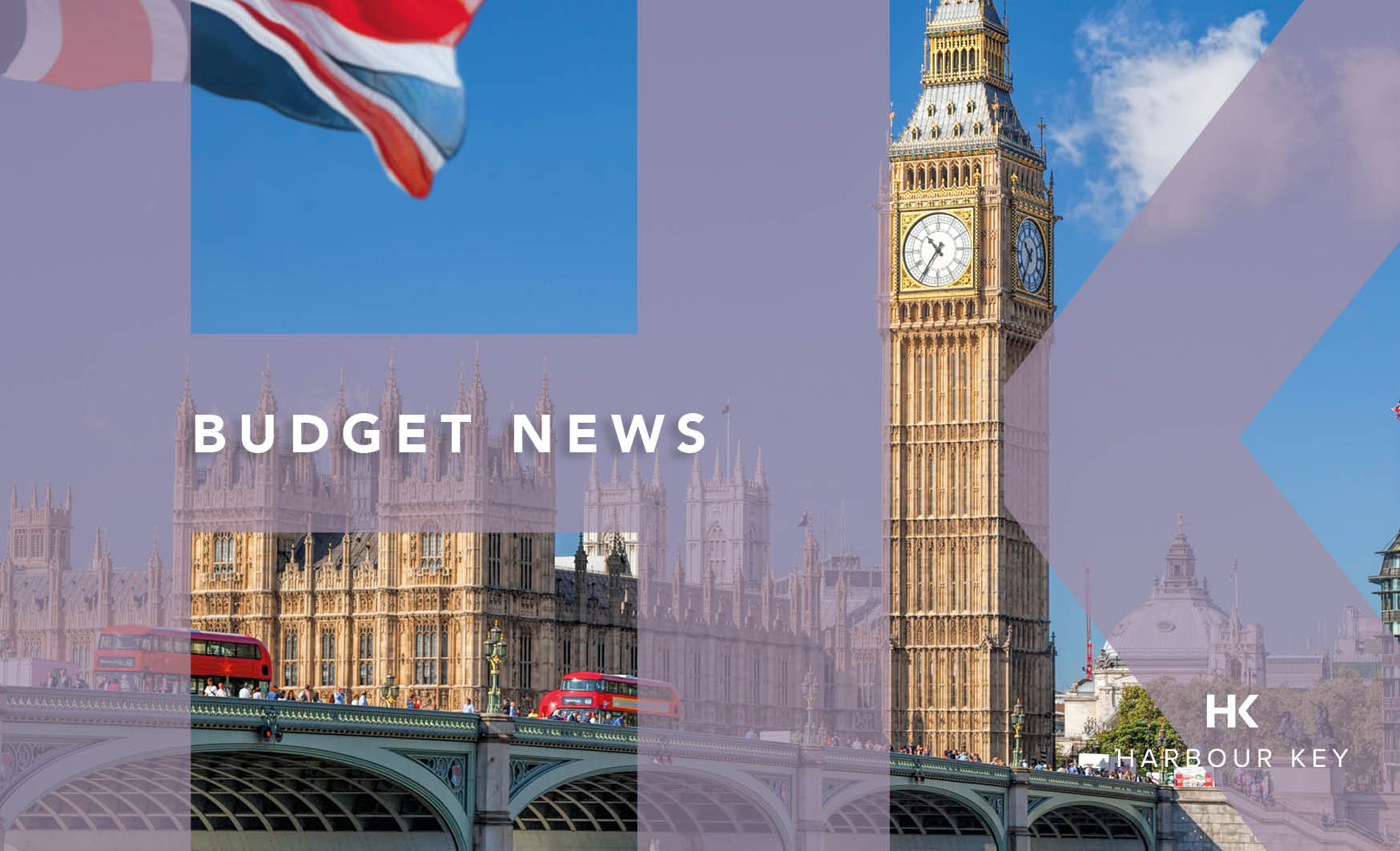 VAT FLAT RATE SCHEME & “LIMITED COST TRADERS”
VAT FLAT RATE SCHEME & “LIMITED COST TRADERS”
In his Autumn Statement 2016 the Chancellor introduced an anti-avoidance measure for those businesses that use the VAT flat rate scheme (“FRS”), introducing a new percentage of 16.5% for those businesses defined a limited cost trader (“LCT”). The impact of the measure is that the affected businesses are facing a higher VAT liability.
The measures took affect from 1 April 2017.
How does the FRS work?
Unlike the standard VAT scheme, which requires businesses to calculate their quarterly VAT liabilities by adding up all the VAT charged on its sales over a quarter minus all qualifying VATable expenditure, the FRS simplifies these calculations for those who use it. Under the FRS, you calculate your VAT liability by applying a fixed-percentage to your turnover (including VAT). This percentage varies according to your trade/profession and is prescribed by HM Revenue & Customs. The percentages were chosen to reflect the typical balance between input and output VAT of various types of business.
The Treasury believes that some businesses have unfairly benefited from using the FRS, particularly small businesses with low costs due to being mainly labour/service providers, and hopes that a change to the way the FRS is calculated “will help level the playing field, while maintaining the accounting simplification for the small businesses that use the scheme as intended.”
Limited Cost Trader
From 1st April 2017, so-called ‘limited cost traders’ will use a new 16.5% rate when calculating their FRS liabilities. All other businesses will continue to use the current percentages as set by HMRC.
A LCT is defined as a business which has a VAT-inclusive expenditure on relevant goods of either:
- Less than 2% of their VAT inclusive turnover in a prescribed accounting period.
- Greater than 2% of their VAT inclusive turnover but less than £1,000 per annum if the prescribed accounting period is one year (if it is not one year, the figure is the relevant proportion of £1,000).
To prevent businesses incorporating everyday purchases to increase their costs above the 2% threshold, the following items must be excluded when working out whether or not your business is deemed to be a ‘limited cost’ one:
- capital expenditure;
- food or drink for consumption by the flat rate business or its employees and
- vehicles, vehicle parts and fuel (except where the business is one that carries out transport services, e.g. taxi business, and uses its own or a leased vehicle to carry out those services)
You also have to disallow from the definition of what ‘relevant goods’ a number of standard service purchases a business would make:
- Contractor accountancy fees;
- Advertising costs;
- Any type of electronically downloaded service (such as a subscription to a professional magazine);
- Any downloaded software, or bespoke software and
- Office rental costs.
The result of the new rule is that the tax advantage afforded to many who have used the FRS will no longer be available. For example:
- If your business was a 14.5% FRS user and had a turnover of £100,000 in the 2016/17 tax year, your VAT-inclusive turnover would be £120,000 (£100,000 x 20%). You would have to pay £17,400 to HMRC, meaning you made a net gain during the year of £2,600 (subject to the VAT incurred on purchases which is not recovered under the scheme).
- Under the new rules, using the same turnover, from 1st April 2017 you need to pay £19,800 to HMRC, leaving you with a net gain of a mere £200 compared to a business on the standard VAT scheme.
You can decide whether your business operates either the FRS or standard VAT scheme. The FRS was designed to make calculating VAT easier, so it might be easier to remain in the scheme for this reason alone, especially if you incur very few VAT-inclusive business expenses.
During your first year after registering for VAT, your business will still qualify for a 1% deduction in the flat 16.5% rate, so it may still be advantageous for new businesses to join the scheme, even just for the first year.
If you believe your business is impacted by the new rule, please contact us at Harbour Key to discuss.
Harbour Key Limited
+44 (0) 1452 713277



